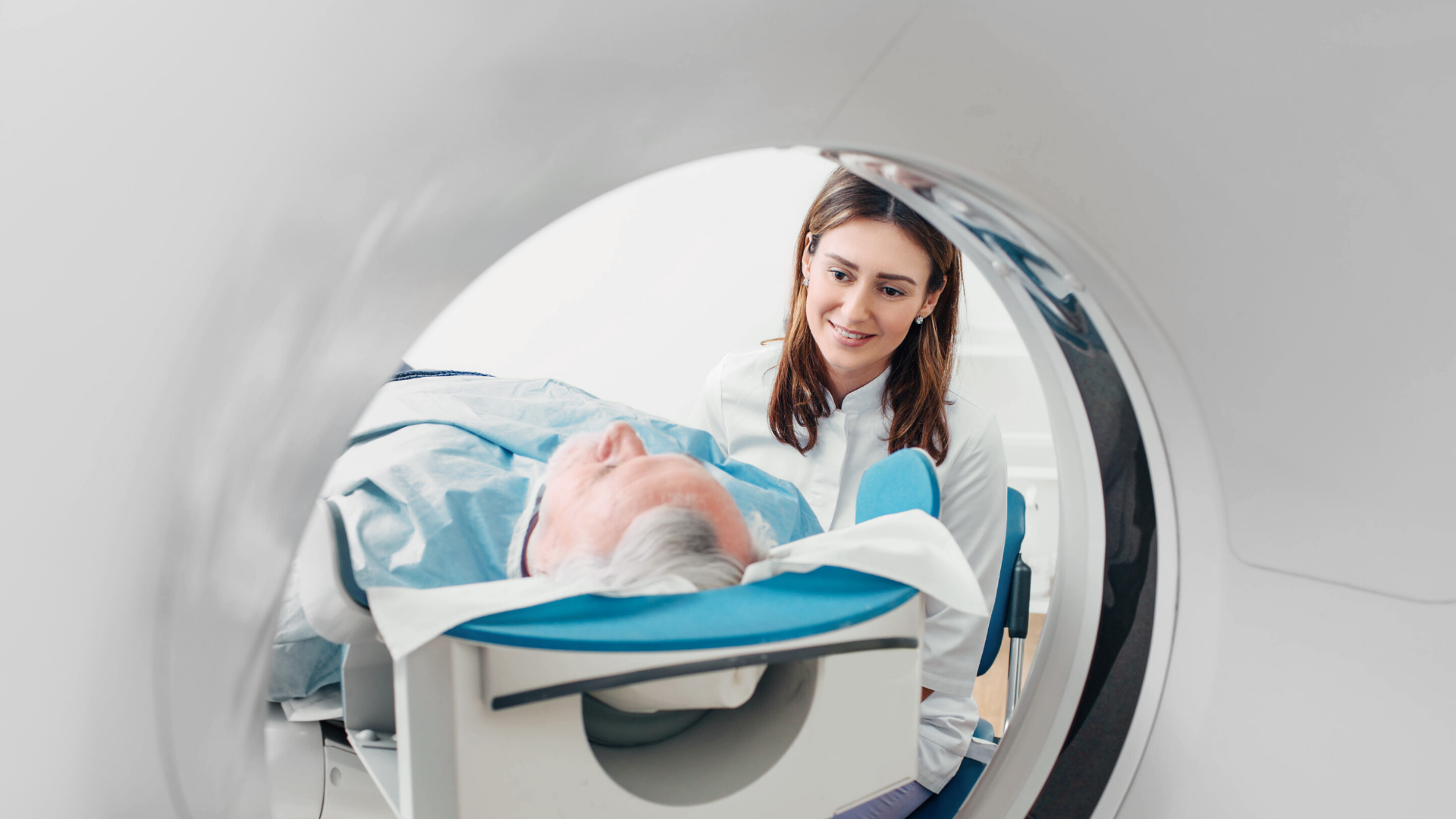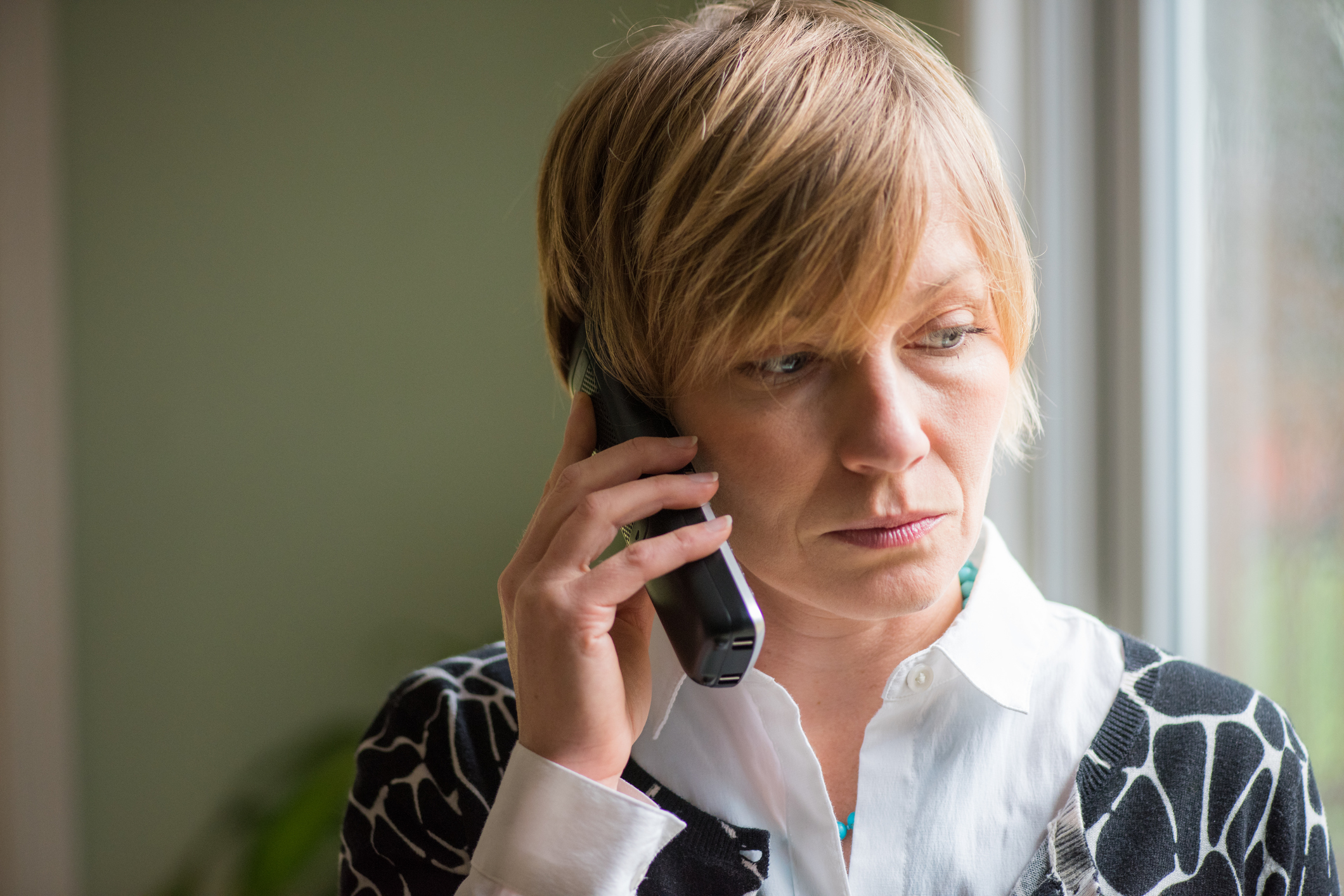CT scan (CAT scan)
This is a type of X-ray that gives a detailed picture of the tissues inside your body.
A CT scan is a type of X-ray that gives a very accurate picture of the location and size of any tumours. It takes X-rays from different angles to give a detailed 3D picture of the tissues inside your body.

Before the test
- For some CT scans you may be asked to fast (not eat) for 4 hours before the test.
- You may be asked to put on a hospital gown.
- You will need to remove any metal objects such as jewellery, hair clips, piercings and bra especially if underwired, as they can affect the images taken.
- For some CT scans, you may need a dye that helps to show up parts of your body on the scan. This is a kind of dye is called a contrast medium. It can be given in a special drink or through an IV cannula. An IV cannula is a small needle that is inserted into a vein, usually in your arm. Some people can feel a warm sensation when they get the dye.
- Let the radiographer know if you’re allergic to iodine or have asthma as you may have a more serious reaction to the dye.
- Tell the radiographer if you’re pregnant or there’s a chance you might be.
During the test
You lie on a table that passes through a large doughnut-shaped machine. You will have to lie as still as possible.
The table will move forwards and backwards through the scanner until all the pictures are taken.
The scanner does not touch your body.
You will be on your own in the room but the radiographer can see you and hear you and will be able to talk to you through an intercom. If you need anything, you can talk to the radiographer or just raise your hand, or you may have a buzzer to press.
How long does it take?
The scan itself usually takes about 10-30 minutes. You may have to wait an hour before having the test if you are having the contrast medium (dye).
After the test
Most people can go straight home after the test.
If you have been given contrast, you could be asked to drink plenty of fluids to help remove the contrast from your body.
Are there any side-effects or risks?
Allergic reaction
Some people are allergic to the contrast medium (dye). If you feel weak, sweaty, breathless, nauseated (like you might vomit), develop a rash or feel or unwell in any way, tell your radiographer immediately.
Getting CT results
How long will it take to get the results?
The length of time it takes can vary. For example, it might take longer if your medical team wants to discuss the results at a MDM (multi-disciplinary meeting).
How will I get the results?
- In many cases, but not all, results are given in person
- Sometimes, they are given via phone call or letter / email.
Questions to ask about getting results
- How long before I get my results?
- Who will give me my results - doctor in the hospital or GP?
- How will I get my results - face to face, phone call, letter?
CT scan (CAT scan) video
Cancer Research UK has a very helpful video on this.



Talk to a Cancer Nurse

Support Line
Our Daffodil Centres

